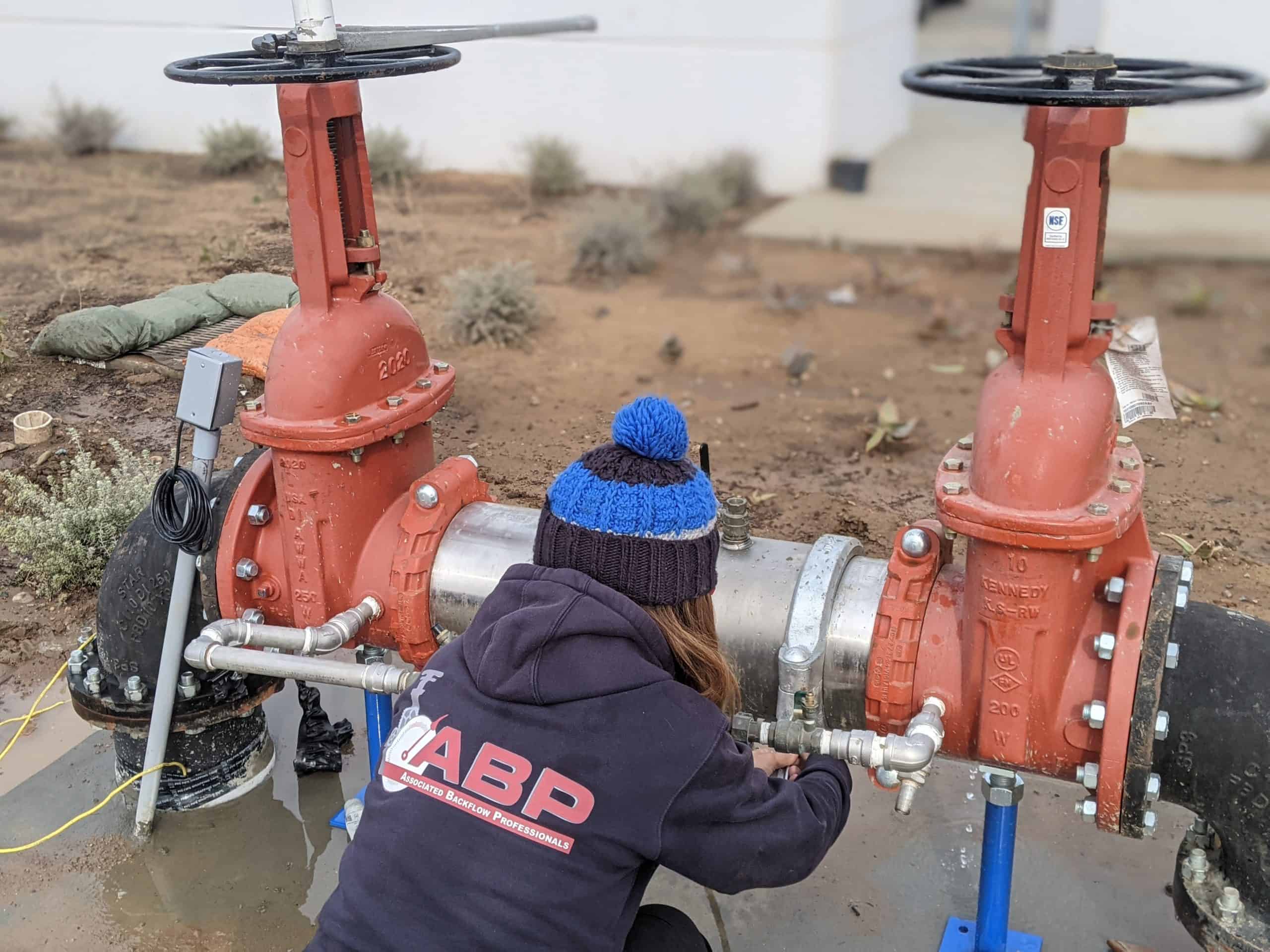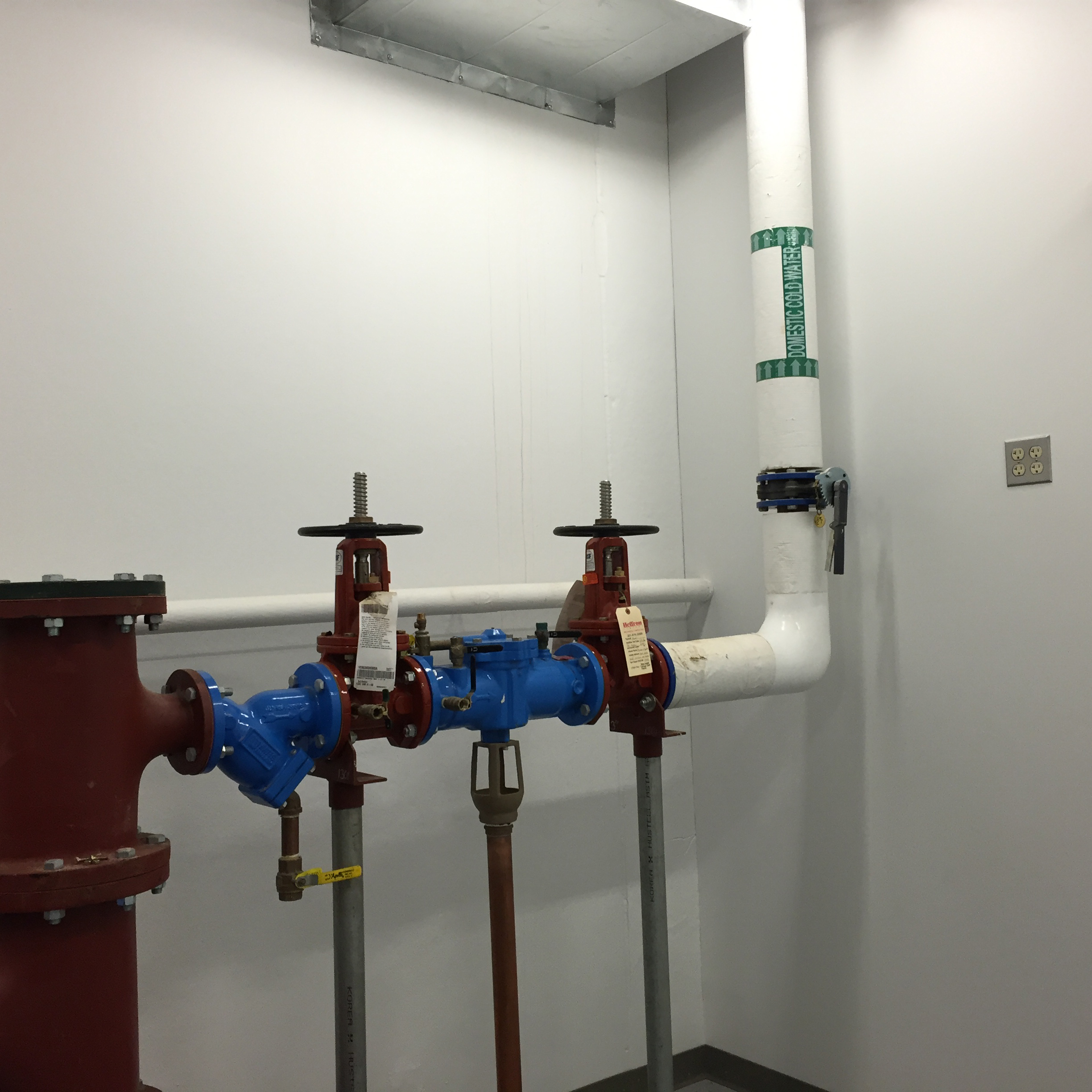Must I Inspect My Water for Backflow?
Must I Inspect My Water for Backflow?
Blog Article
Listed here down the page you can discover more high-quality news involving Is backflow testing necessary?.

Yes, you need to backflow test your home's water system to guarantee that the water is devoid of toxins and hazardous levels of chemicals. As a result of the devices needed and area for error, you should not attempt to execute heartburn screening on your own. We suggest that you call a specialist plumber every couple of years to test your water.
What is Heartburn?
In other words, heartburn is when water moves upwards-- the contrary instructions in the plumbing system. This is likewise called "backpressure." When the water relocates this direction, it can combine with unsafe toxins and posture a danger.
What Creates Backflow?
A common cause of backflow is a loss of water pressure that triggers the water to siphon back right into the water supply. After some time, there is a loss in water pressure and the tube starts to suck the water back right into the water supply. As you can think of, there are now chemicals from the paint that are going into the water supply, potentially posing a risk.
Backflow Testing is Needed by Regulation in Certain Cities
Depending on where you live, you could in fact be called for by regulation to backflow test your regulation. Iowa City maintains a document of all properties served by the city's water supply.
You Can Prevent Heartburn
Unsafe heartburn is quickly avoidable if you have a specialist plumber set up a backflow gadget. If there is an active threat, the plumber will likewise check for backflow as well as determine. The major function of a heartburn tool is to prevent water from flowing backward into your water supply. Plumbings mount the device on the pipes in your home to make sure that the water only flows in the correct direction.
Heartburn Can Impact Both You and also Your City
Many cities develop backflow guidelines since dangerous backflow can influence the public water system along with a single structure. Contemporary cities have backflow gadgets in place that protect the water supply that comes from a lot of homes and business residential properties. The genuine threat originates from watering systems, which can harm the water system with hazardous fertilizers, manure, as well as other chemicals.
Call a Plumber to Evaluate for Heartburn Prior To It is Too Late
A plumbing company can rapidly check your home's water to determine if there are any kind of unsafe chemical degrees. And also if you do discover that your water has high levels of toxic substances, a plumber can easily install a heartburn avoidance device.
Yes, you require to backflow test your residence's water supply to ensure that the water is cost-free of contaminants and also harmful degrees of chemicals. A common reason of backflow is a loss of water pressure that creates the water to siphon back right into the water supply. After some time, there is a loss in water stress and the pipe starts to draw the water back right into the water supply. The primary purpose of a heartburn tool is to avoid water from moving backward into your water supply. Numerous cities establish backflow guidelines since harmful backflow can influence the public water supply in enhancement to a solitary structure.
Backflow Testing: What Is It, and Why Is It Necessary?
What Is Backflow?
Backflow is exactly what you might imagine this somewhat gross-sounding word to mean. It is contaminated water that has reversed flow, and as a result, enters into the clean water lines of homes and businesses. Backflow is typically caused by a significant change in water pressure. This can be due to a water main break, frozen pipes or an unexpectedly high demand on the water system. It can occur at any cross-connection between clean and dirty water in residential, commercial or industrial water lines. And the worst part – backflow can contain hazardous materials like human waste, pesticides or chemicals. Needless to say, it poses very, very serious health concerns, not to mention the potential for a heap-load of expensive stress!
Backflow Prevention and Testing
In order to safeguard against backflow in standing structures, a backflow prevention device should be installed by a trusted team of professionals. Once installed, if there should ever be an unexpected or dramatic change in water pressure, the device will prevent backflow from entering into the clean water supply system. But, again, it’s important that this device is properly installed by a professional so that they can test it and ensure that the clean water line remains contaminant free. This really is key.
While personal standards and responsibilities should maintain certain routine testing requirements, there are already municipal codes in place that require annual testing of these backflow prevention devices. This ensures that they are functioning properly and that no hazardous contaminants are spilling out into the clean water supply. If, however, testing of any device is not completed on time, you should know that a property or business’ water supply might be interrupted, and the property owner might even face fines. So, to avoid this from happening to you, we recommend scheduling a backflow test well in advance.
Fortunately, here at Tritan, we can help schedule and carry out backflow testing for your property. We provide a variety of backflow-related services, including prevention device installation and testing. Call us today and make sure that this stressful problem doesn’t happen to you and your property or business.
https://www.tritan-plumbing.com/blog/2018/february/backflow-testing-what-is-it-and-why-is-it-necess/

As a person who reads on Backflow Prevention, I was thinking sharing that piece of content was a good thing. Do you know anybody else who is in to the subject? Take a moment to promote it. I am grateful for your time. Visit us again soon.
Details
Report this page